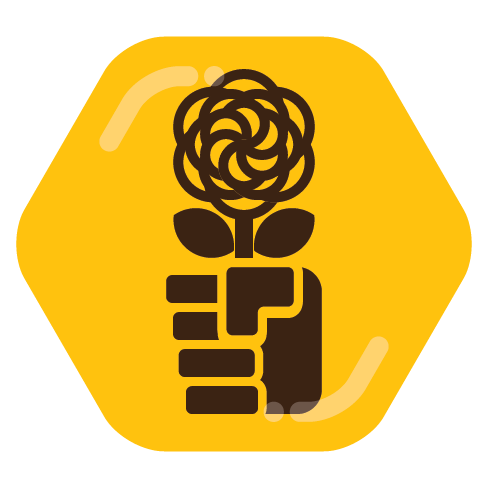I’m sure this has been asked before, so sorry if it was.
But from my very surface level understanding of this, communism is about workers collectively owning the means of production. If a dictator is controlling the means, do the workers really own them? To me it just seems like centralised capitalism.


to be clear: you’re kind of mixing terms up a bit here and this needs to untangled, because otherwise it will cause problems in answering what you’re asking. the correct word for “worker ownership of the means of production” is technically just socialism. communism, at this point in leftist history, consistently refers to a more specific thing: an ideological system that seeks to create a stateless, classless, moneyless society in addition to achieving common ownership of the means of production.[1]
this might sound very pedantic–and, to be clear, it is likely the vast majority of socialists are also communists–but conflating these terms can be genuinely problematic when asking a question like this for the simple reason that they are understood to be two different things in practice. you can have socialism but not communism, in short. (indeed, “socialism but not communism” is the rule among states that have arguably been socialist. even if you play fast and loose with the defining characteristics of communism and think there have been existing socialist states, i’ve never met a person who believes those socialist states achieved anything resembling communism.)
in terms of the actual question you’re asking: most people would probably agree that no, the properties of socialism and communism make “authoritarianism” or a “dictatorial” figure antithetical to either–at least without that desire for “authoritarianism” being shared across the entire working class somehow. this is the reason many leftists consider most or all existing (and former) states that called themselves socialist–your Soviet Unions, your Chinas, etc.–to not be socialist or to have degraded back into capitalism.
leftists adhering to variants of socialism typically characterized as “authoritarian” and “dictatorial” would obviously disagree with this, however. to generalize a bit: they tend to believe that it is an acceptable tradeoff for a vanguard (the most revolutionary and ideologically advanced section of the working class) to steward and speak for the rest of the working class through the revolution, to the establishment of socialism, and toward the creation of a communist state. separately, they tend to consider the political structures of these countries as facilitating worker ownership of the economy, even if it is not direct. many of them had central planning of the economy, and most of them had highly delegated (for example village bodies which elect city bodies which elect country bodies, etc.) or sectoral (for example X, Y, and Z interest groups must obligatorily be represented in decision-making) political systems that meant workers were represented at every level of government and decision-making.
unfortunately, whether this is “really socialism” or “really communism” is not a falsifiable belief–and while there are better arguments for the view that “authoritarianism” is incompatible with either in my mind, it’s not as if there are no arguments for the contrary view. so you’re never going to get a definitive agreement on this.
yes, i know these have been used synonymously at many points by many communists, and that even the distinction between socialism and communism has varied historically. but most people in my experience in leftist spaces do not use socialism and communism to mean the same thing at this point, nor do i. ↩︎
These ‘highly delegated’ systems where ‘workers were represented’ was -and, more important, still is- part of these countries’ official narratives. The reality is completely different. We saw and see this in all countries with so-called communist and socialist structures: Every ‘delegate’ who holds/expresses different views than the central Party is forced to resign as a delegate (and often faces harsh consequences, ranging from forced dissappearance, imprisonment, and even death penalty). The ‘votings’ of these delegates are highly.staged and have nothing to do with free elections.
Such systems produce the worst results of ultra-liberal capitalism where workers and the people have no say.
(I posted an article an hour or so ago here, but it got deleted without any reason provided. Which is bad, because it is a good example for what I just described.)
[Edit typo.]